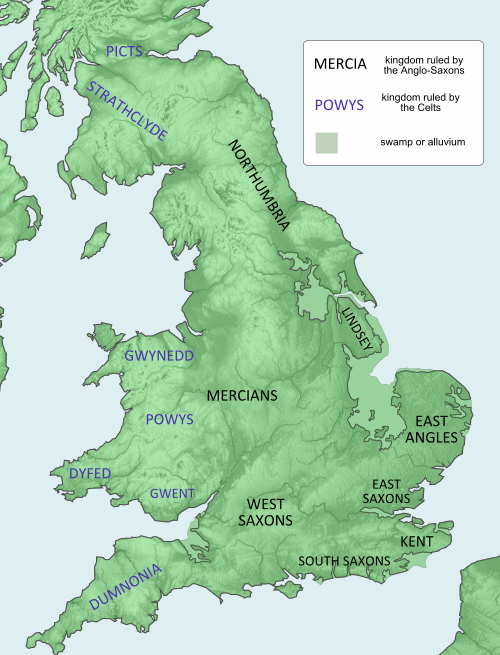| Years |
|---|
| Millennium |
| 1st millennium |
| Centuries |
| Decades |
| Years |
| 690 by topic |
|---|
| Leaders |
| Categories |
| Gregorian calendar | 690 DCXC |
| Ab urbe condita | 1443 |
| Armenian calendar | 139 ԹՎ ՃԼԹ |
| Assyrian calendar | 5440 |
| Balinese saka calendar | 611–612 |
| Bengali calendar | 96–97 |
| Berber calendar | 1640 |
| Buddhist calendar | 1234 |
| Burmese calendar | 52 |
| Byzantine calendar | 6198–6199 |
| Chinese calendar | 己丑年 (Earth Ox) 3387 or 3180 — to — 庚寅年 (Metal Tiger) 3388 or 3181 |
| Coptic calendar | 406–407 |
| Discordian calendar | 1856 |
| Ethiopian calendar | 682–683 |
| Hebrew calendar | 4450–4451 |
| Hindu calendars | |
| - Vikram Samvat | 746–747 |
| - Shaka Samvat | 611–612 |
| - Kali Yuga | 3790–3791 |
| Holocene calendar | 10690 |
| Iranian calendar | 68–69 |
| Islamic calendar | 70–71 |
| Japanese calendar | Shuchō 5 (朱鳥5年) |
| Javanese calendar | 582–583 |
| Julian calendar | 690 DCXC |
| Korean calendar | 3023 |
| Minguo calendar | 1222 before ROC 民前1222年 |
| Nanakshahi calendar | −778 |
| Seleucid era | 1001/1002 AG |
| Thai solar calendar | 1232–1233 |
| Tibetan calendar | ས་མོ་གླང་ལོ་ (female Earth-Ox) 816 or 435 or −337 — to — ལྕགས་ཕོ་སྟག་ལོ་ (male Iron-Tiger) 817 or 436 or −336 |


Year 690 ( DCXC ) was a common year starting on Saturday of the Julian calendar. The denomination 690 for this year has been used since the early medieval period, when the Anno Domini calendar era became the prevalent method in Europe for naming years.